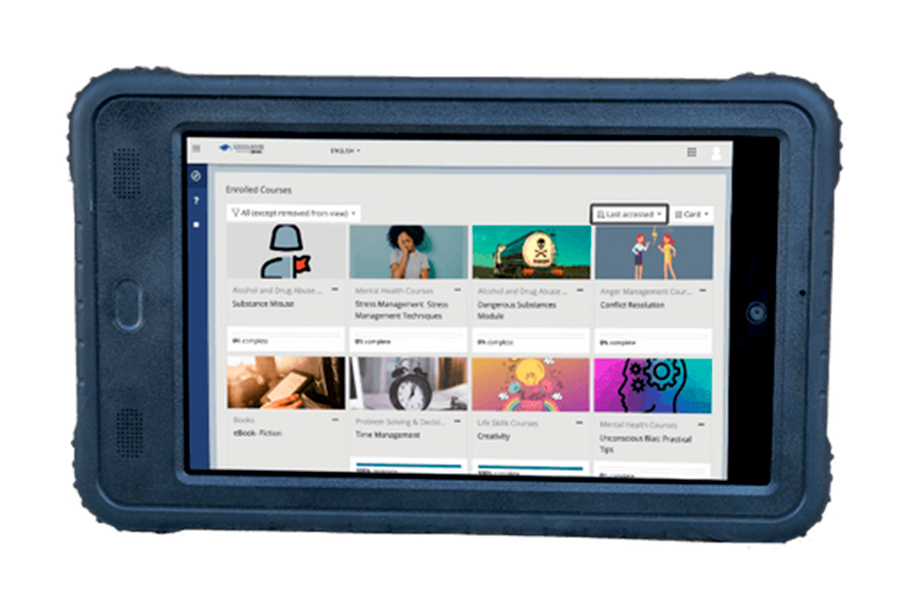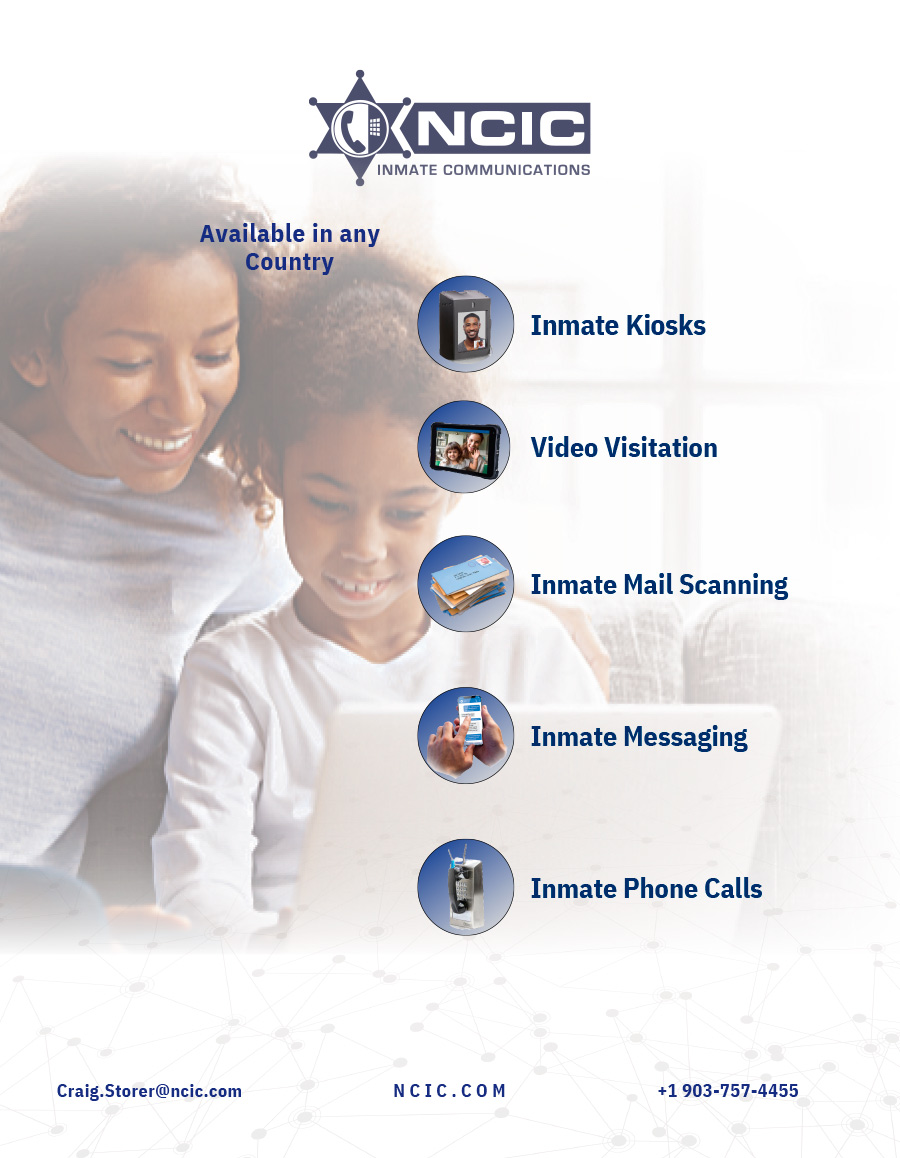Article
Craig Storer
Recognizing the transformative power of education, NCIC’s RISE Method – Restoration through Incentives, Skills, and Education is at the forefront of a rehabilitative philosophy aimed at equipping inmates with the tools they need to rebuild their lives and make a positive impact. This method is the basis for the Schoolhouse Learning Management System (LMS).

Incentivizing Positive Change
Enhancing Communication and Connectivity
The tablet video visitation can be used from inside cells or other areas of the housing units ensuring user privacy. Additionally, bolstered by industry-leading Facial Detection features, it monitors and curbs inappropriate behavior from external users. This innovation not only enhances the visiting experience but also contributes to the overall security and order within correctional facilities.
The Schoolhouse Learning Management System, with the RISE Method at its core, is contributing to advancing the landscape of inmate education and rehabilitation. By incentivizing positive change, providing customized educational opportunities, and facilitating meaningful communication, this innovative approach is empowering incarcerated individuals to make the most of their time behind bars.
It is a beacon of hope for those who believe in second chances and the power of education to break the cycle of recidivism.

Craig Storer is the Director of Marketing for NCIC Inmate Communications. Craig has a keen interest in the economics associated with inmate communications programs and enjoys working with correctional agencies to help foster an understanding of their inmate communications environments including rates, revenue and revenue-share back to the agency. He has assisted correctional agencies in identifying earned but unpaid commissions associated with their Inmate Communications Agreements to the tune of several million dollars, while simultaneously improving the communications environments in many communities, by making calling more affordable.



